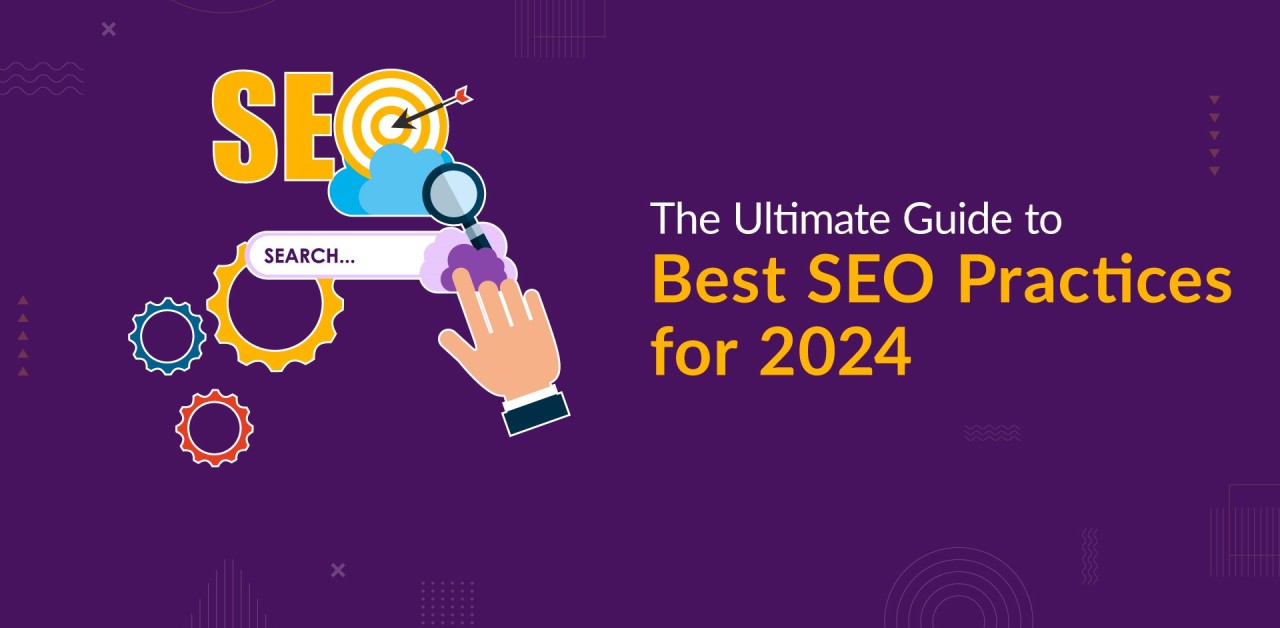
Introduction to SEO: From Basics to Advanced
Welcome to the World of SEO
In today’s digital age, mastering Search Engine Optimization (SEO) is essential for anyone looking to thrive in the online marketplace. Whether you’re a business owner, digital marketer, or a web developer, understanding SEO can significantly enhance your online presence and drive organic traffic to your website. This comprehensive guide will walk you through the fundamentals of SEO, progressing from basic concepts to advanced techniques.
What is SEO?
SEO, or Search Engine Optimization, is the practice of improving your website’s visibility on search engines like Google, Bing, and Yahoo. The goal is to rank higher in search engine results pages (SERPs) for relevant keywords and phrases, thereby attracting more organic traffic. SEO involves various strategies and techniques, including keyword research, on-page optimization, link building, and content creation.
Why Learning SEO is Crucial
In an increasingly competitive digital landscape, understanding how to optimize your website for search engines can give you a significant edge. Here’s why learning SEO is crucial:
- Increased Visibility: Higher rankings in SERPs lead to greater visibility, which can result in more website visits.
- Cost-Effective: Unlike paid advertising, organic SEO efforts can lead to long-term benefits without ongoing costs.
- Enhanced User Experience: Good SEO practices often improve the overall user experience, making your site more accessible and user-friendly.
How to Learn SEO: A Step-by-Step Guide
1. Understand the Basics
Before diving into advanced strategies, it’s important to grasp the foundational concepts of SEO. This includes:
- Keyword Research: Identifying the words and phrases that potential customers are using to search for products or services related to your business.
- On-Page SEO: Optimizing individual web pages to rank higher and earn more relevant traffic. This includes using appropriate meta tags, headers, and ensuring content quality.
- Off-Page SEO: Building your site’s authority through external means, such as acquiring backlinks from other reputable sites.
2. Learn About SEO Tools
Familiarize yourself with SEO tools that can help analyze and improve your website’s performance. Some popular tools include:
- Google Analytics: Provides insights into website traffic and user behavior.
- Google Search Console: Helps monitor and maintain your site’s presence in Google search results.
- SEMrush: Offers comprehensive SEO analysis and competitor research.
- Ahrefs: Known for its robust backlink analysis and keyword research features.
3. Master On-Page Optimization
On-page optimization is critical for improving your site’s search engine rankings. Key elements to focus on include:
- Title Tags: Ensure each page has a unique and descriptive title tag that includes relevant keywords.
- Meta Descriptions: Write compelling meta descriptions that encourage users to click on your link.
- Header Tags: Use header tags (H1, H2, H3) to structure your content and make it easier for search engines to understand.
4. Dive into Technical SEO
Technical SEO involves optimizing your website’s infrastructure to make it more search engine-friendly. Key areas to explore include:
- Site Speed: Ensure your website loads quickly, as this is a crucial ranking factor.
- Mobile-Friendliness: Optimize your site for mobile devices to cater to the growing number of mobile users.
- XML Sitemaps: Create and submit XML sitemaps to help search engines index your site more effectively.
5. Build High-Quality Backlinks
Backlinks are links from other websites to yours. They are a significant factor in search engine rankings. Focus on:
- Content Marketing: Create valuable content that naturally attracts backlinks.
- Guest Blogging: Write guest posts for reputable sites in your industry.
- Influencer Outreach: Collaborate with influencers to gain backlinks and increase your site’s authority.
6. Stay Updated with SEO Trends
SEO is an ever-evolving field, and staying updated with the latest trends and algorithm changes is essential. Follow industry blogs, attend webinars, and participate in SEO forums to keep your knowledge current.
Conclusion
Learning SEO is a journey that involves understanding various concepts and applying them strategically. By starting with the basics and gradually moving towards advanced techniques, you can build a solid foundation that will help you drive organic traffic and achieve your online goals. Remember, SEO is not a one-time task but an ongoing process that requires continuous learning and adaptation.
By mastering SEO, you can unlock the potential of your website, attract more visitors, and ultimately achieve greater success in the digital landscape.
We hope this guide provides a valuable starting point for your SEO learning journey. For more detailed information and resources, explore our full series on SEO, designed to help you advance from basic to expert level. Happy optimizing!
1. What is SEO? Understanding the Basics and Importance of Search Engine Optimization 2. How Do Search Engines Work? Understanding the Basics of Crawling, Indexing, and Ranking 3. Introduction to Types of SEO: On-Page, Off-Page, and Technical SEO